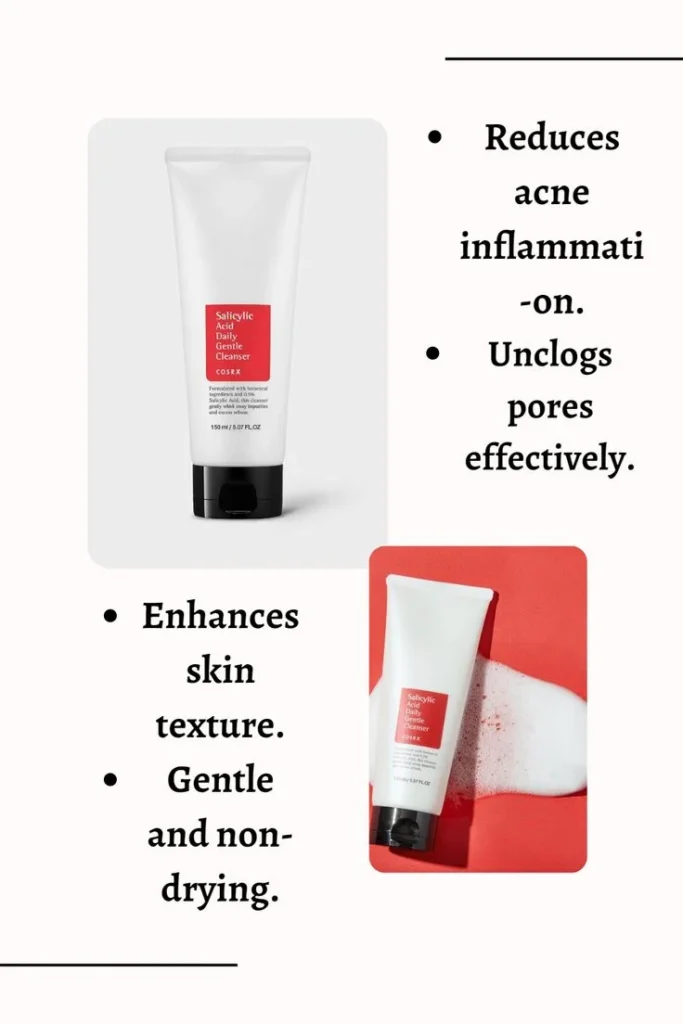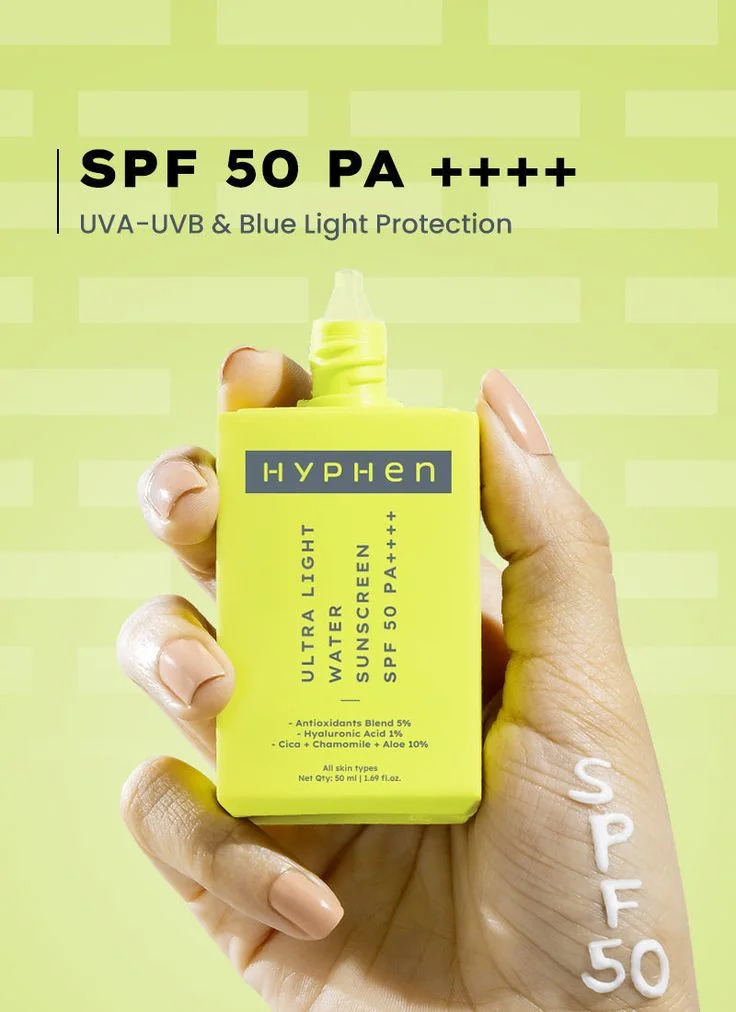How to Get Rid of Acne Fast: Best Skincare Routine Tips
Everybody who experiences acne knows how hard it is to eliminate it and how time-consuming the whole process may be. It’s important not to panic—there really are treatments out there for acne and ways to minimize the occurrences of it and enjoy healthier skin!
These tips for developing a good skincare routine are simple enough that many girls can follow them to combat acne confidently. Here are the tips and most recommended products that you can follow in regard to the fastest acne skin care regimen.
Start with a Gentle Cleanser
Cleansing is the first step of any skincare regimen, but it’s even more crucial when working with acne. Cleansing enables wash off dirt, oil and the makeup that are mostly causes of acne or pimples.

Choose the Right Cleanser:
Choose mild face wash, which do not clog your skin, use a facial wash with salicylic acid or benzoyl peroxide. Salicylic acid is beneficial if used for removing the build up on the skin surface while benzoyl peroxide eliminates acne causing bacteria.
Avoid Harsh Soaps:
Sulfates can cause skin to become dry, robbed of its natural oils, and then produce even more oil than before. Only use products with the “gentle” or “sensitive skin” labeling.
Cleanse Twice a Day:
In the morning and before going to bed wash your face so that your skin will be fresh the whole day. If you are allergic to something make sure that you use this twice a week or once a week or gradually increase the usage depending on the tolerance level of your skin.
Using Toner as a Skin Balancing Treatment
For acne-prone skin, toners are a real find because, after cleansing the skin, they restore the acidity of the skin’s pH and remove the finest debris.
Look for Soothing Ingredients:
Tea tree oil, witch hazel or niacinamide should be included in the formula of a toner. These ingredients can reduce inflammation and redness that is so characteristic of acne skin conditions.
Avoid Alcohol-Based Toners:
It is a fact that taking alcohol can make skin dry and leave it producing excessively oily substances. Avoid using alcoholic solutions in your formulations if you seek a mild and chemical-free method.
Apply Gently:
Instead of rubbing, you using a cotton pad or your finger tips gently press toner to your skin. Less pressure reduces rubbing and hence inflammation.
Acne Care: Using Effective Ingredients
After toning, it is now time to put treatment products to the skin of the face and neck. They can make wonders on acne skin type if applied with permission.
Treat Your Skin with Salicylic Acid:
Salicylic acid works deep into the skin to control sebum buildup, thereby making it ideal for every skin that overproduces sebum. In shampoos or gels, be on the lookout for spot treatments/serums with 1-2% of salicylic acid included.
Use Benzoyl Peroxide for severe acne:
Benzoyl peroxide is perfect for individuals with inflammatory acne including pustules or cysts. It is more effective if used only on the areas that need it/wash more than your face and apply it.
Retinoids:
Retinoids are actually a group of substances linked to vitamin A and they can work to unblock the skin pore in addition to encouraging skin cell regeneration. You start with a low concentration and use it only 1-2 times a week in the beginning.
Do Not Overload on All Treatment:
It may trigger skin dryness or pulling. Use one or two treatments first and then build up slowly to the other if your skin type allows it.
Hydrate to Maintain the Quality of the Skin
A major stereotype is that a person with acne should not apply a face cream to his or her face at all. In practice, moisturizing is very important because it aids in strengthening a skin barrier, thus reducing sebum secretion.
Everyday Moisturizers:
Select oil-free, non comedogenic lotions since they are light and water based. Hyaluronic acid is the perfect addition to most products due to its ability to hydrate but not cause the skin to break out.
Stay Away from Creamy Products:
Luscious creams are unhealthy for the skin because they tend to attract acne causing bacteria. Use only gel or lotions kinds of products.
Moisturize Twice a Day:
After washing your face or using treatment products, apply moisturizer during the morning and before you go to sleep
Don’t Forget Sunscreen
Sunscreen is a must for everybody, particularly, if you apply acne medications that weaken your skin’s reaction to sun damage, such as retinoids or benzoyl peroxide.
Choose an SPF 30+ Water-Based Sunscreen:
Always use a water-based sunscreen that has the non-acnegenic/low comedogenic formula. Zinc oxide and titanium dioxide are secure if you have tender skin and your skin, also called Mineral sunscreens fantastic for.
Tanning or Skipping Sunscreen:
This can make existing acne scars worse, and skin discoloration. Wear sunscreen daily regardless of the weather predict for the day.
Reapplication:
As long as you are exposed to the compound outside, it is advisable to reapply at least every two hours or after tossing. It also protects skin from sun damage and fades red/sensitive skin tone if you are conscious about your skin.

Get Rid of the Dead Cells
Exfoliation is beneficial in ensuring that the pores of the skin do not clog on the Added skins cells on the skin layer surface contribute to skin breakouts. However, not any type of exfoliator will be perfect for acne-prone skin.
Chemical Exfoliants Over Physical Scrubs:
Glycolic acid or Alpha hydroxy acids and Salicylic acid or Beta hydroxy acids do not irritate acne skin. Hello doctor, my skin is very sensitive and most physical scrubs make my skin condition worse because they cause aggravated inflammation.
Shaving About 1-2 Times a Week:
Frequent shaving may harm the skin by causing inflammation. Wait for it, as the scales will gradually begin to fade while texture and clarity are enhanced with time.
Don’t Exfoliate If You have Open Pimples:
If you are experiencing irritated or any form of open skin breakout, exfoliating should be avoided until the skin is all cleared.
Do Not Touch Your Face and Pop Pimples
Nevertheless, it’s recommended not to touch or pick at acne, for this will only have the outcome of worsening the skin condition.
Hands Off!
Handling face can make the skin transfer dirt and oil from hands hence leading to breakout of pimples.
Avoid Touching Breakouts:
Touching pimples brings bacterias on the skin surface to the skin and causes more clogging of pores. But apply a spot treatment and allow it to dry and heal by itself.
Wash Your Phone And Pillowcase:
Phones and pillow cases absorb dust and oils which then make contact with your skin. Wash them often so that you reduce the chances of getting acne.
Give clay masks a go for a spotless skin
Benefits of a clay mask includes that it is effective at helping to extract impurities and sebum from the skin which gives the skin a chance to be properly cleansed and refreshed.
Select Clay Masks with Salicylic Acid or Sulfur:
Acne clay masks made from salicylic acid or sulfur result in beneficial effects for cleaning the skin and removing excess oil that causes clogging of the skin pores.
Once or Twice a Week:
A clay mask should be used 1-2 times a week preferably as a deep cleansing process. Keep it on for the duration that is prescribed, ideally, most brands take between 10-15 minutes.
Minimize on the use of masks:
Using the clay masks excessively may cause your skin to become overly dry. It should only be done 1-2 time a week in order to avoid dehydration.
Maintain a Healthy Diet
Your diet affects your skin in one way or the other. While diet is not the leading cause of acne, it can contribute to it in some way or the other.
Avoid sweets:
Some people say that not eating sweets and dairy products help to clear up acne. It is worth experimenting with lowering those foods and seeing if there is improvement.
Stay Hydrated:
Water is a natural detoxifying agent that will remove toxins from the body while maintaining the skin.
Avoid Sugary Products:
Foods rich in sugar promote the onset of skin aging leading to the formation of wrinkles.
Conclusion
To get rid of acne fast stick to a focused skincare plan: wash your face every day with a mild soap that won’t clog your pores, use a scrub with salicylic acid to keep your pores clear, and put benzoyl peroxide or tea tree oil on your pimples to bring down the swelling.
Apply a lightweight non-greasy moisturizer to keep your skin in check and stop it from getting too. Don’t forget to put on sunscreen to shield your skin and prevent acne marks. Stick to your routine, and if your acne won’t budge, a skin doctor can come up with a plan just for you.
